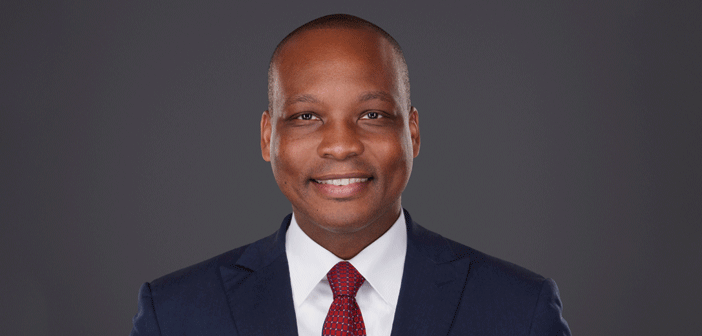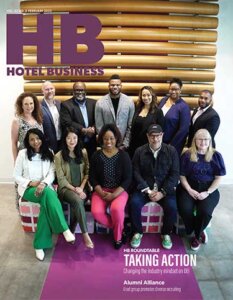Before the roundtable discussion, Gregory Adam Haile, president of Fort Lauderdale, FL-based Broward College, sat down with Hotel Business to discuss his school’s DEI efforts.
“We pride ourselves on being incredibly accessible, and I often like to talk about that as being proximate,” he said. “Oftentimes, there are individuals who don’t have exposure to many different types of opportunities, college being one of them. There are a lot of individuals who have all the talent in the world, but don’t have the ability or don’t see the opportunity to go to [college].”
He added, “Any economist in the world will tell you that achieving a post-secondary degree, or achieving even a credential at some baccalaureate degree, can change your life. And the economic income outcomes over your lifetime are tremendous.”
He pointed out that a critical component of a good education is understanding that the opportunity exists.
“So, despite all the accolades of the institution, we focused on making sure that we are creating opportunity in ways that we never had before,” he said. “We talk about being proximate in going into communities. Think about the individuals and groups who don’t have exposure, and then ask, ‘How do we go to those communities?
He added that employers should look to institutions of higher education and within their communities for their next hires.
“I’ve talked to employers, and they routinely asked me where can they find talent, or tell me that there’s no talent available,” said Haile. “I ask them, ‘Where are you looking?’ because I can tell you about amazing individuals who happen to live in communities that are laden with 12% unemployment, low post-secondary attainment rates and, seemingly, no job opportunities.”
He continued, “Wherever you are in the country, think about your local colleges that can be partners. We think about being the number-one source for providing talent in our community, but we also recognize we can’t do it by ourselves. We work with our cities, we work with nonprofit organizations, and, yes, we work with employers.”
He then presented a call to action to those in the hotel industry looking for talent.
“What if, as an employer, you were able to partner with a local institution in a community that has high unemployment rates. In other words, [they’re talented] people, but they don’t know where the opportunity is to either be trained or to be employed. Partner with your colleges, partner with your cities, be willing to identify those communities that need you most. You need their talent, they need the economic opportunity. If we do this, we will all prevail. Individuals will go from poverty to access to opportunity to changing their lives. You will grow your businesses because you now have the talent to ensure that you can fulfill your capacity as an employer and meet the needs of your clients.”
He added, “We all know that human capital can be the most important thing to you, and that means success for the individuals who we are designed to serve. I thank you for your willingness to challenge yourself to look inside of your organizations. Ask yourself if you are truly proximate to those communities where you say you cannot find those individuals whose talent would benefit your organization. If the answer is yes, I applaud you. If the answer is no, then I ask you to self-audit. I ask you to have the will and the courage to go and be proximate with those communities you are not touching to make sure you’re not only providing opportunity for them, but lifting your community and your organization.”


